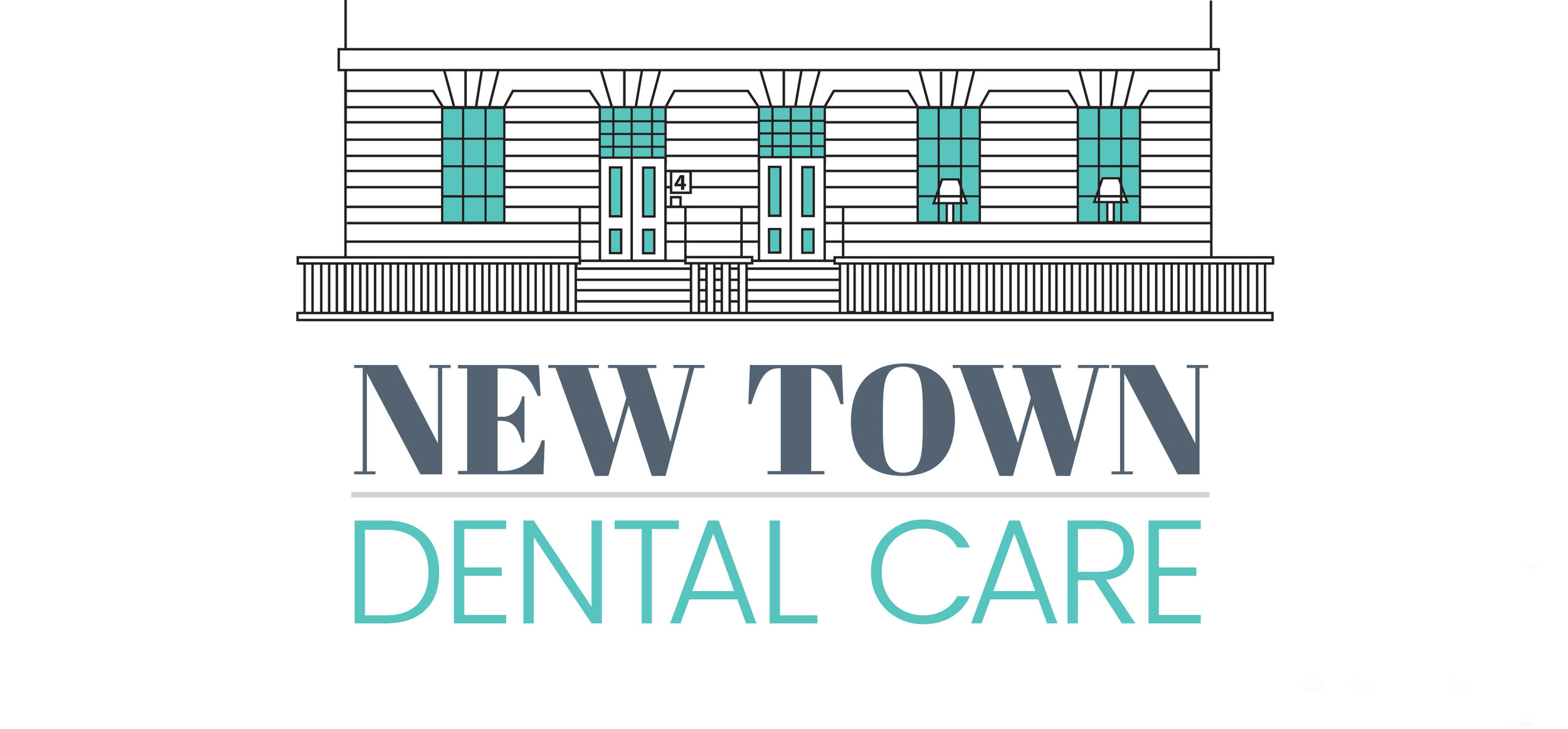The key facts you need to know this Mouth Cancer Action Month
November is Mouth Cancer Action Month, so we asked our team of Edinburgh dentists for their top tips and the key facts you need to know, in order to check yourself and educate yourself on the symptoms you should be aware of.
Did you know mouth cancer is the eleventh most-common cancer across the world? Every year in the UK, over 8,300 people are diagnosed with mouth cancer, and this has increased by over 50% in the past decade alone.
At New Town Dental Care, we’re very proud to work closely with the Ben Walton Trust, which promotes and funds research into oral cancers, particularly in young people. We’re passionate about helping people stay clued-up when it comes to their oral health, so we’d encourage you to have a read through this advice from our New Town Dental Care dentists to help you stay safe and aware of the risks of mouth cancer.
Who can be affected by mouth cancer?
Anyone can be affected by mouth cancer. Men over 40 are thought to be the most prone, but case numbers are rising amongst younger people too, so it’s important for everyone to be aware of the symptoms and check for them regularly
Where is affected by mouth cancer?
Cancers in the mouth and throat are also sometimes referred to as head and neck cancers; and include cancers of the mouth (inside the cheeks), lips, tongue, larynx (voice box) and the nasopharynx (the area connecting the nose and throat).
What are the causes of mouth cancer?
Most cases of mouth cancer are linked to tobacco or drinking alcohol. However, overexposure to sunlight can also be responsible, particular affecting the lips. There is also growing evidence that an increasing number of cases are caused by the sexually-transmitted HPV infection in the mouth.
Around 1 in 4 mouth cancers and 1 in 3 throat cancers are HPV-related. In younger patients, most throat cancers are now HPV-related.
What are the symptoms of mouth cancer?
Symptoms include, but aren’t limited to:
One or more mouth ulcers which do not heal after three weeks
Red or red and white patches on the tongue or the lining of the mouth
Unexplained bleeding
Pain when swallowing
A swelling in the mouth which lasts longer than three weeks
A persistent sore throat
A feeling as if something is stuck in your throat
Numbness in the mouth
Unusual lumps in the mouth
Persistent hoarseness
How can I spot the symptoms of mouth cancer?
It is very important that if you feel you have any of the above symptoms, you visit your dentist or doctor, particularly if these issues do not heal or disappear within three weeks. If you aren’t sure, it’s safest to go for a check-up anyway and have your dentist check any problems thoroughly.
Check your mouth every few weeks – it takes just five minutes and is well worth your time to keep on top of your oral health. Grab a small mirror and check over your whole mouth: pull your cheeks out to check the insides of your mouth and your cheek lining, as well as the back gums. Stick out your tongue and look at all surfaces, and examine the floor of your mouth and the back of the throat. Feel for any lumps in both sides of your neck and under your lower jaw.
When mouth cancer is established, it has fairly clear symptoms which should be easier to spot. Cancer is easier to treat the earlier it’s diagnosed, but around 50% of mouth cancers are only diagnosed when the disease has already spread within the neck, making it all the more important to check yourself regularly.
How can my dentist help me with symptoms of mouth cancer?
Mouth cancer can be spotted in its early stages by your dentist, during a thorough mouth examination – this is another key reason to ensure you have regular dental check-ups. A full check-up should involve an examination of the inside of your mouth and tongue, as well as your neck and underneath your jaw.
If your dentist does spot a potential issue, or find something unusual, they can refer you to your doctor or to a hospital consultant for further specialist examination. If you are worried about any unusual symptoms you may be experiencing, you can book in to see the team at New Town Dental Care for a thorough check-up. Head over to our Contact page to drop us a line and organise your next appointment.

